Q&A with Gary Hustwit
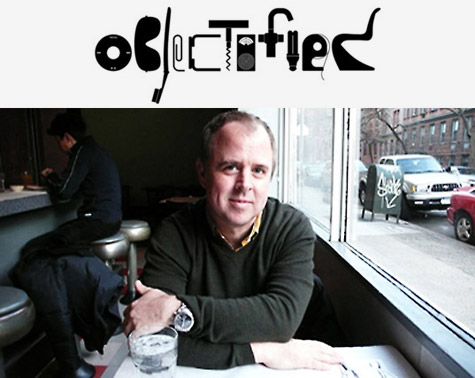
How long have you had the intention to make Objectified?
The idea came to me right when I finished Helvetica two years ago. Making Helvetica, actually just making a film, since Helvetica was my first, got my mind spinning with other subjects that I wanted to explore. I’ve found that making a documentary is a great way to learn about something you’re interested in. And I like to treat these films as explorations, or learning experiences, both for me and for the audience. I’m just curious about a lot of things in this world, so I’m planning on making a lot of documentaries.
Did you have a clear idea before you started making Objectified what the film’s ‘message’ would be?
Absolutely not. I approach these films as explorations of a subject I’m interested in learning more about, and it’s the conversations I have with the designers that determine the film’s content and trajectory. As for a “message,” I don’t think there’s really a message in either film; a documentary doesn’t have to have a message, or even a story. These films are about questions, they’re about getting the viewer to question and re-examine their own relationship to the subject matter.
How long did the film take to make?
Objectified took 18 months to make: six months of pre-production, six months of filming, and six months of editing, although we continued to film throughout the editing process. We probably shot about 80 hours total, for a 75-minute film. So in a way, the decisions about what to leave out become more important than what to leave in.
Did anyone you filmed radically change the way you thought about design?
Wallpaper* Newsletter
Receive our daily digest of inspiration, escapism and design stories from around the world direct to your inbox.
I think my understanding of the design process was radically changed. In the film, Jony Ive talks about how his team at Apple spends as much time designing the manufacturing systems that enable them to make the product, as they do designing the products themselves. So one doesn’t just wake up one morning and say, “I’m going to design the MacBook Air today.” You can’t even begin to design a product like that until you’ve figured out the way you’re going to manufacture it, how you’re going to hold that thin piece of aluminium through the different machining stages. That’s an issue that I don’t think many non-designers consider when they look at a product.
Why do you feel there’s such a need for people to define what ‘design’ means?
Maybe because the reach of design is so broad… everything in our world is designed. Political systems are designed, cities are designed, even we as human beings have been designed in a sense, through evolution. I think we all share the desire to understand the world around us. And I think design is so difficult to understand specifically because it’s so ubiquitous. How can someone understand every piece of this manufactured environment we’ve created?
Do you think there’s a need to educate people about design?
I do, because I think the more the average consumer understands about the designers, their processes, and the issues facing design, the better and more critical consumers they become. We talk about sustainability in the film, and I get a lot of questions about what designers are doing to make products more responsibly. My answer is that it’s not just about the designers, it’s about us, the users of all this stuff. No one is putting a gun to our head and forcing us to buy unsustainable products. By continuing to buy them, we’re enabling the companies that make them. I’m not anti-consumerism, but I’m pro-considered consumerism. We should all be re-examining the objects in our lives, and how we consume them.
What’s your next project?
Halfway through making Objectified, I began to feel that it was a companion piece to Helvetica in a way, hence the similar shooting aesthetic, and music. And I also saw a third design film in my head, the last piece of this little design trilogy. So that’s the next project. I can’t talk about the subject matter yet, but I think it’s much more ambitious than the first two films. Just think of Objectified as The Empire Strikes Back and the next one’s The Return of the Jedi.
Rosa Bertoli was born in Udine, Italy, and now lives in London. Since 2014, she has been the Design Editor of Wallpaper*, where she oversees design content for the print and online editions, as well as special editorial projects. Through her role at Wallpaper*, she has written extensively about all areas of design. Rosa has been speaker and moderator for various design talks and conferences including London Craft Week, Maison & Objet, The Italian Cultural Institute (London), Clippings, Zaha Hadid Design, Kartell and Frieze Art Fair. Rosa has been on judging panels for the Chart Architecture Award, the Dutch Design Awards and the DesignGuild Marks. She has written for numerous English and Italian language publications, and worked as a content and communication consultant for fashion and design brands.
-
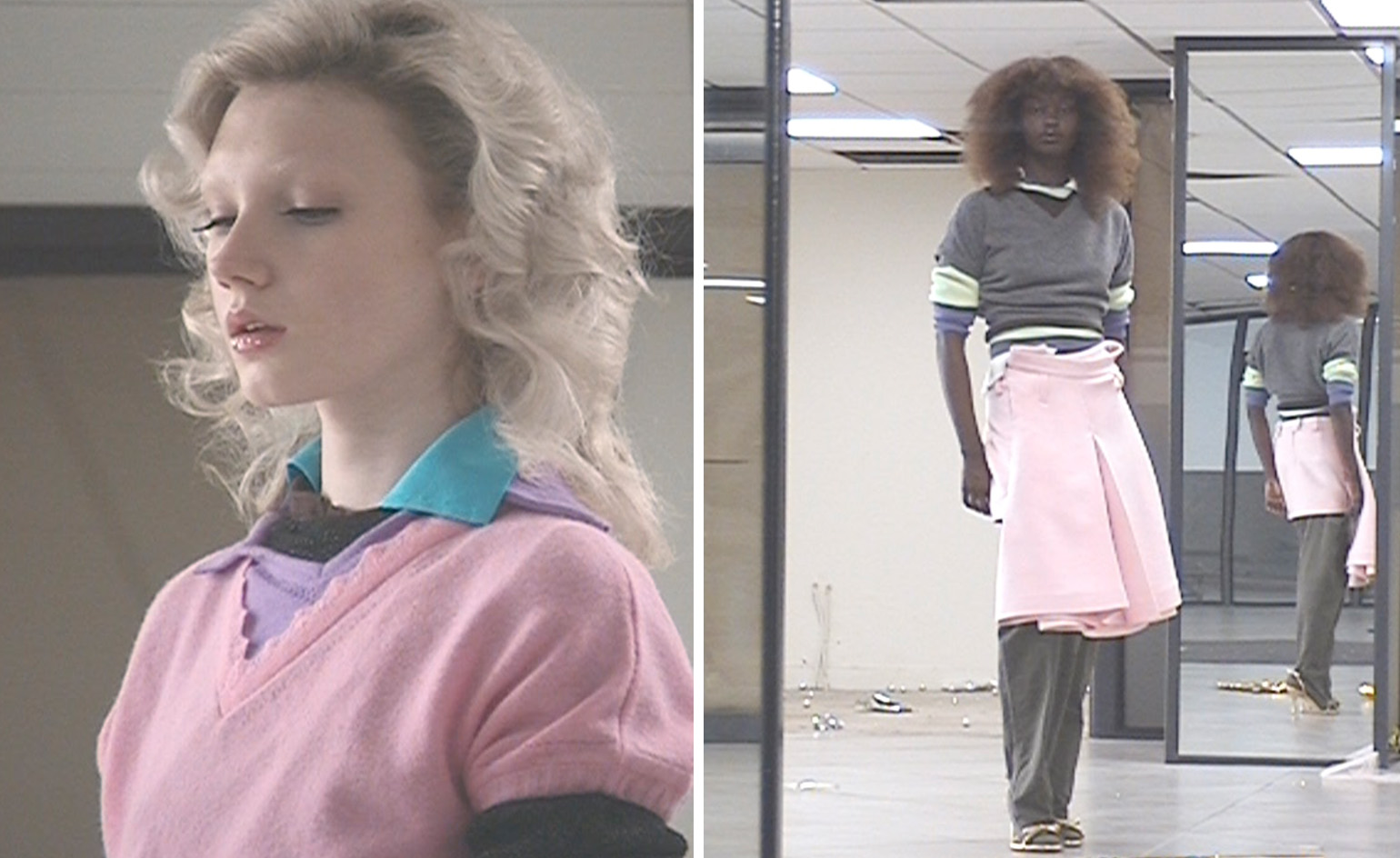 All-In is the Paris-based label making full-force fashion for main character dressing
All-In is the Paris-based label making full-force fashion for main character dressingPart of our monthly Uprising series, Wallpaper* meets Benjamin Barron and Bror August Vestbø of All-In, the LVMH Prize-nominated label which bases its collections on a riotous cast of characters – real and imagined
By Orla Brennan
-
 Maserati joins forces with Giorgetti for a turbo-charged relationship
Maserati joins forces with Giorgetti for a turbo-charged relationshipAnnouncing their marriage during Milan Design Week, the brands unveiled a collection, a car and a long term commitment
By Hugo Macdonald
-
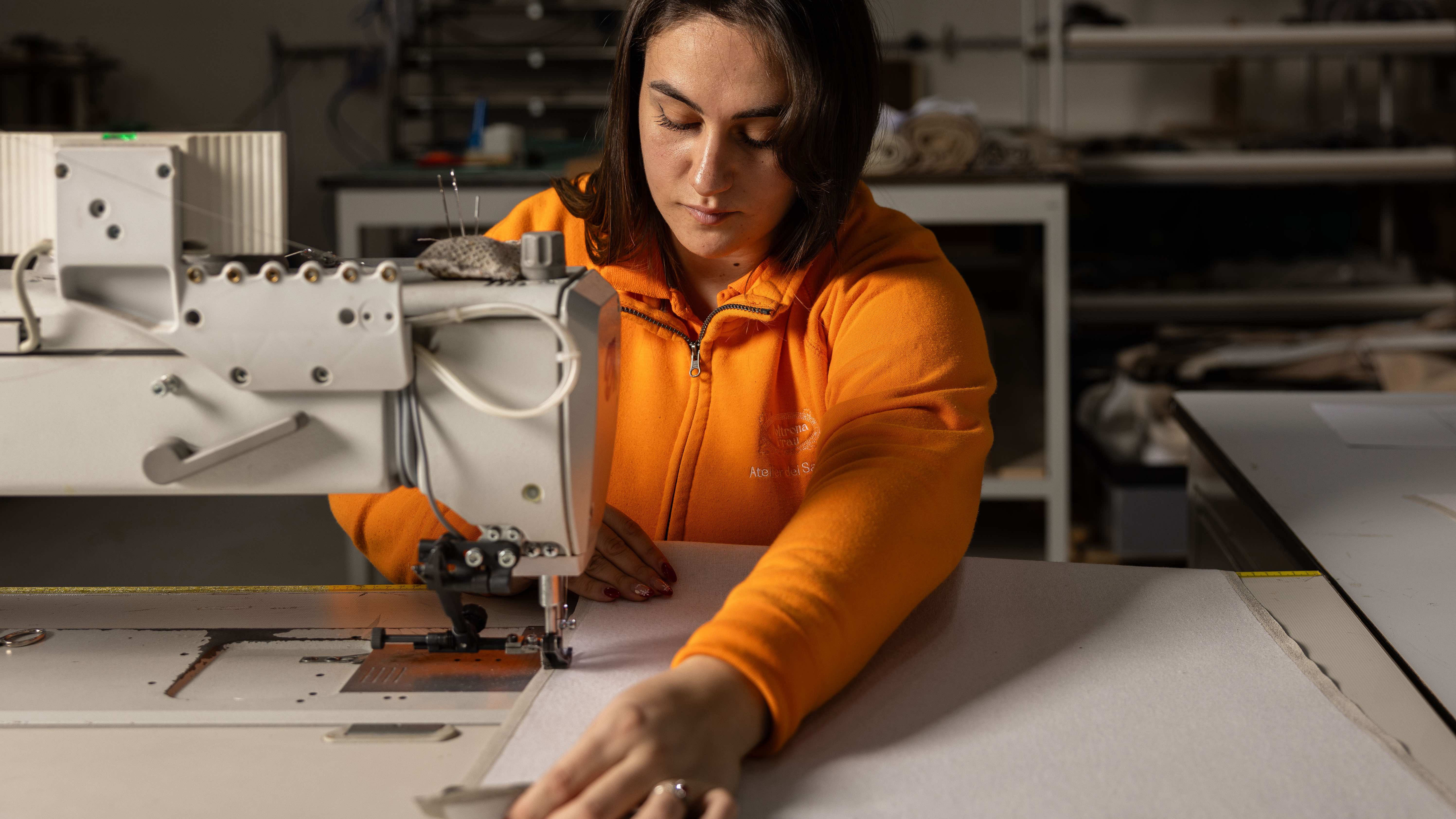 Through an innovative new training program, Poltrona Frau aims to safeguard Italian craft
Through an innovative new training program, Poltrona Frau aims to safeguard Italian craftThe heritage furniture manufacturer is training a new generation of leather artisans
By Cristina Kiran Piotti
-
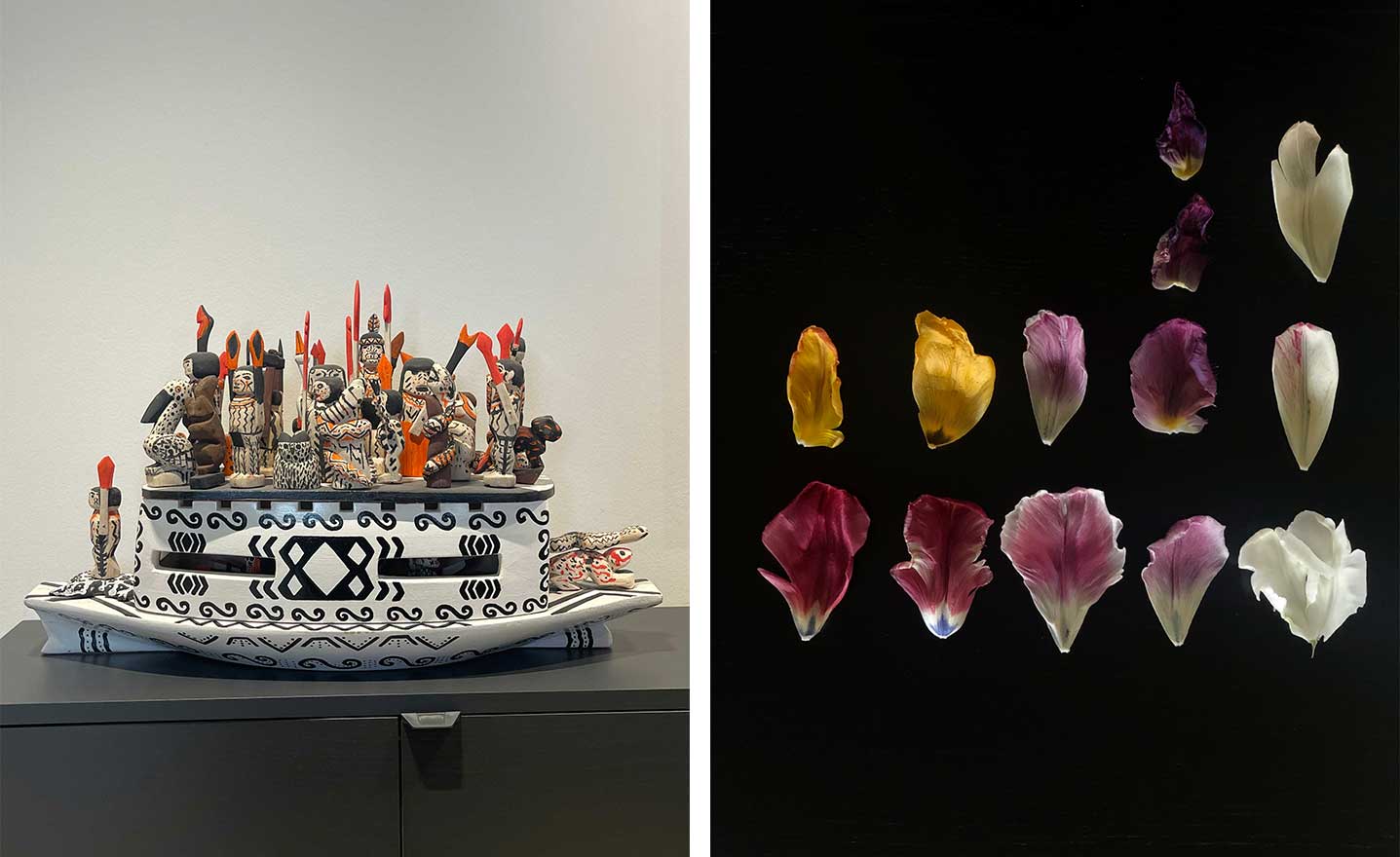 At home with designer Sebastian Herkner
At home with designer Sebastian HerknerSebastian Herkner finds inspiration in his extensive travels around the globe and the spirit of optimism of his adopted hometown of Offenbach
By Rosa Bertoli
-
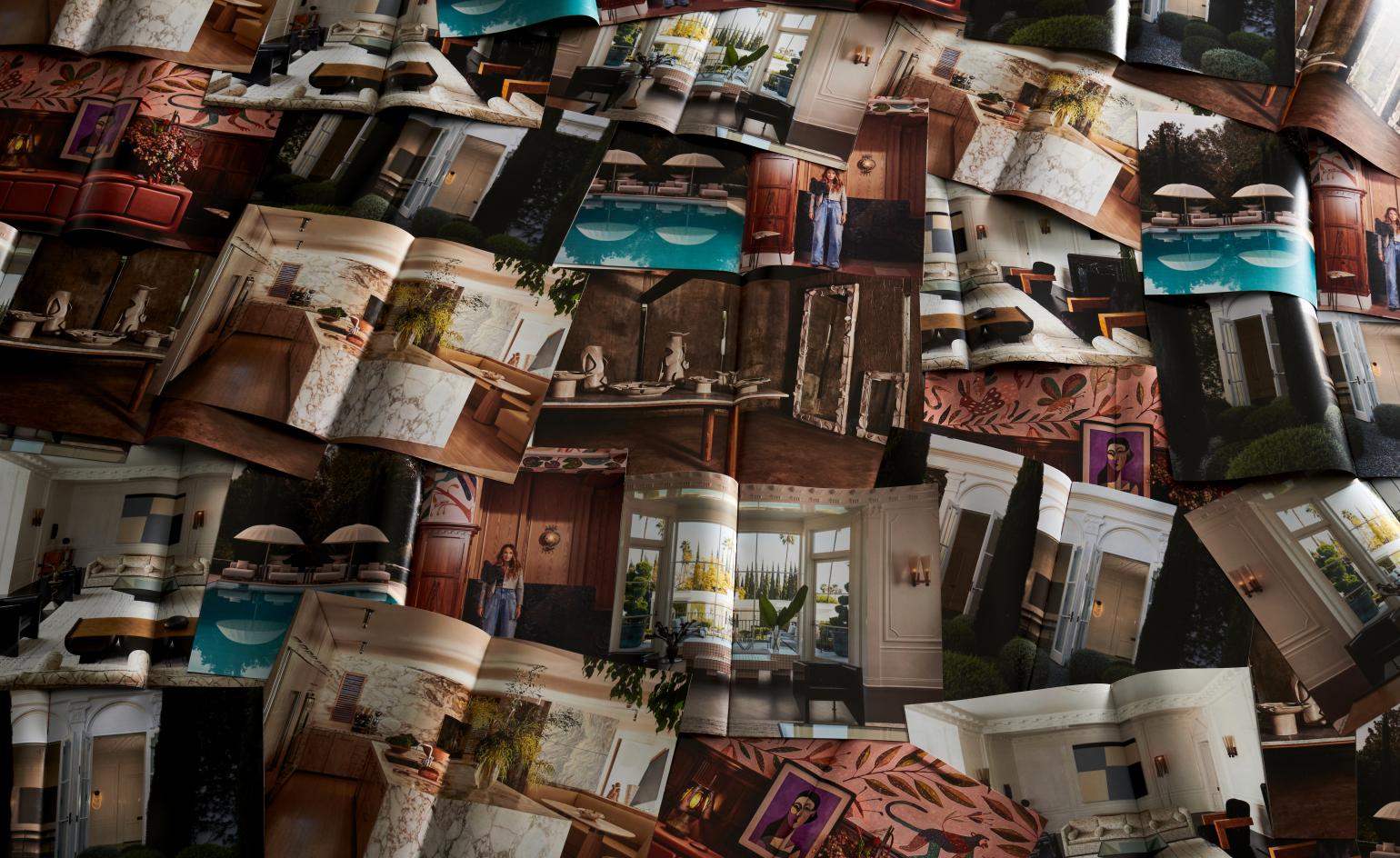 At home with Kelly Wearstler
At home with Kelly WearstlerAmerican designer Kelly Wearstler talks about her approach to interiors, her California homes, favourite LA spots, creative inspiration and more
By Rosa Bertoli
-
 Ritesh Gupta’s Useful School: ‘Creative education needs to centre on people of colour’
Ritesh Gupta’s Useful School: ‘Creative education needs to centre on people of colour’Creative industry veteran Ritesh Gupta on launching Useful School, a new virtual learning platform that puts people of colour front and centre
By Pei-Ru Keh
-
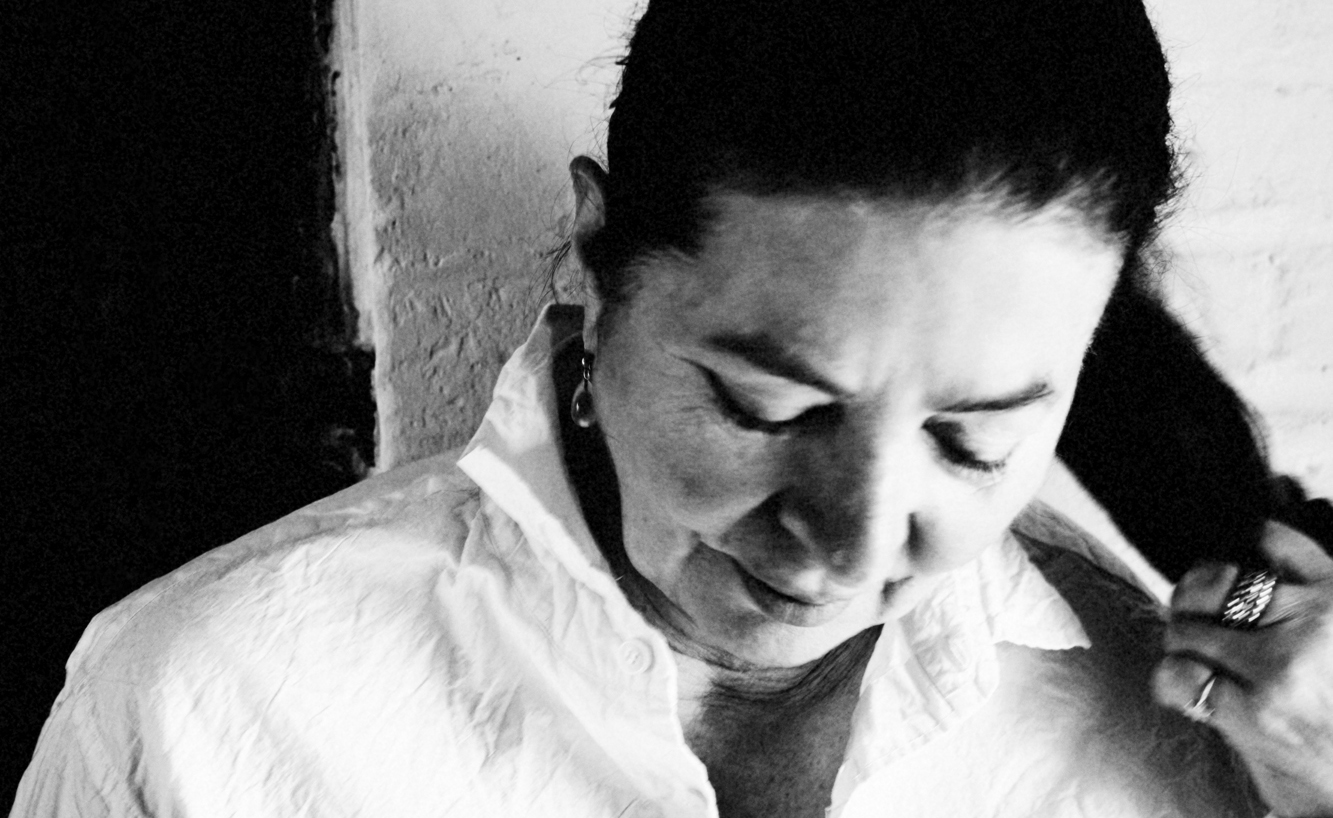 Ilse Crawford judges Wallpaper* Design Awards 2022
Ilse Crawford judges Wallpaper* Design Awards 2022London Design Medal laureate Ilse Crawford – part of the six-strong jury for the Judges’ Awards, the Wallpaper* Design Awards’ highest honours – on design for a better reality, and our worthy winners
By Rosa Bertoli
-
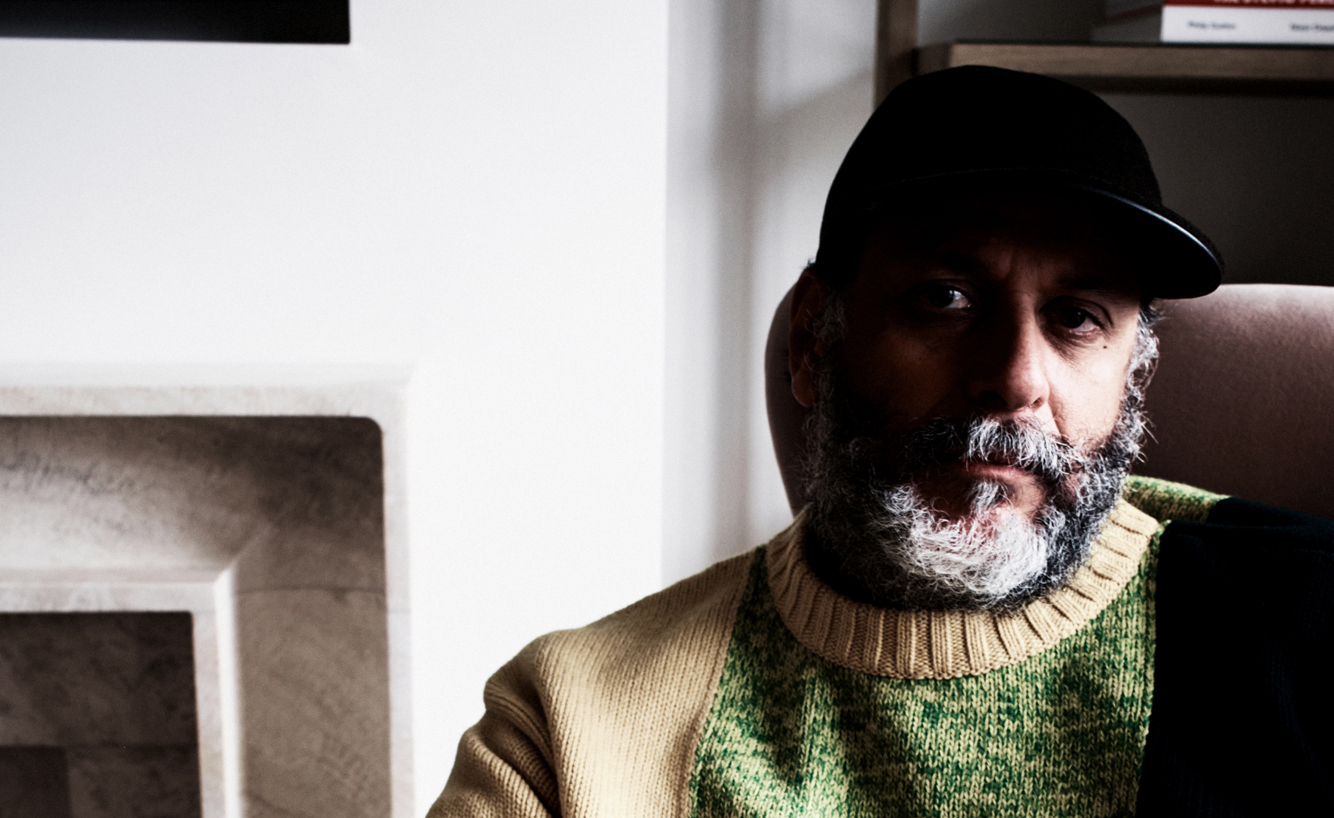 Luca Guadagnino judges Wallpaper* Design Awards 2022
Luca Guadagnino judges Wallpaper* Design Awards 2022Italian film director Luca Guadagnino, who recently expanded his work into design and interiors, talks about his projects and judging the Wallpaper* Design Awards 2022
By Laura Rysman
-
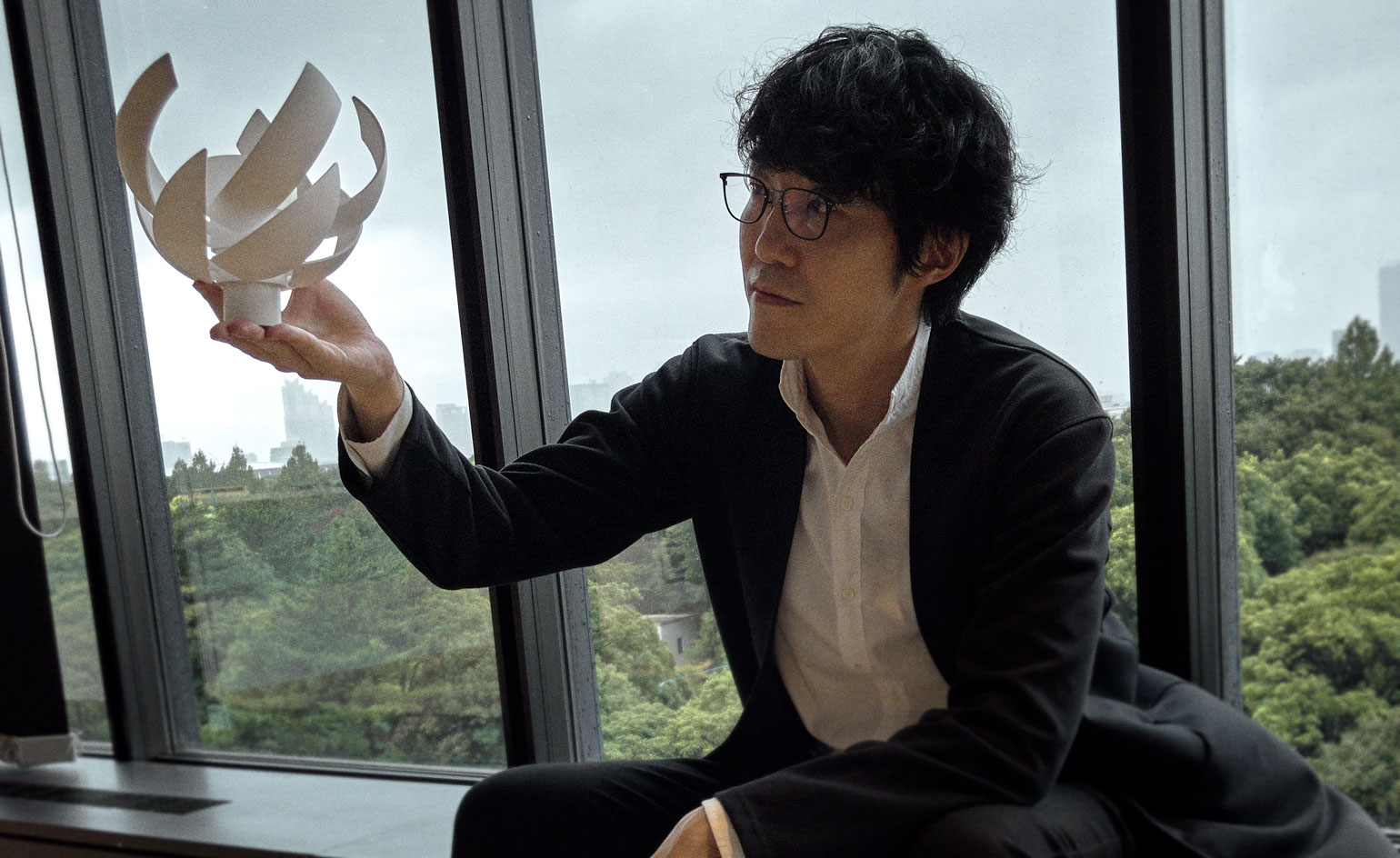 Nendo’s Oki Sato on challenges, new talent, and ‘taking the difficult way’
Nendo’s Oki Sato on challenges, new talent, and ‘taking the difficult way’Oki Sato, founder of prolific Japanese studio Nendo, reflects on past and present challenges – including designing Tokyo’s Olympic cauldron – and, for Wallpaper’s 25th Anniversary Issue ‘5x5’ project, selects five young talents ready to pick up the torch
By Danielle Demetriou
-
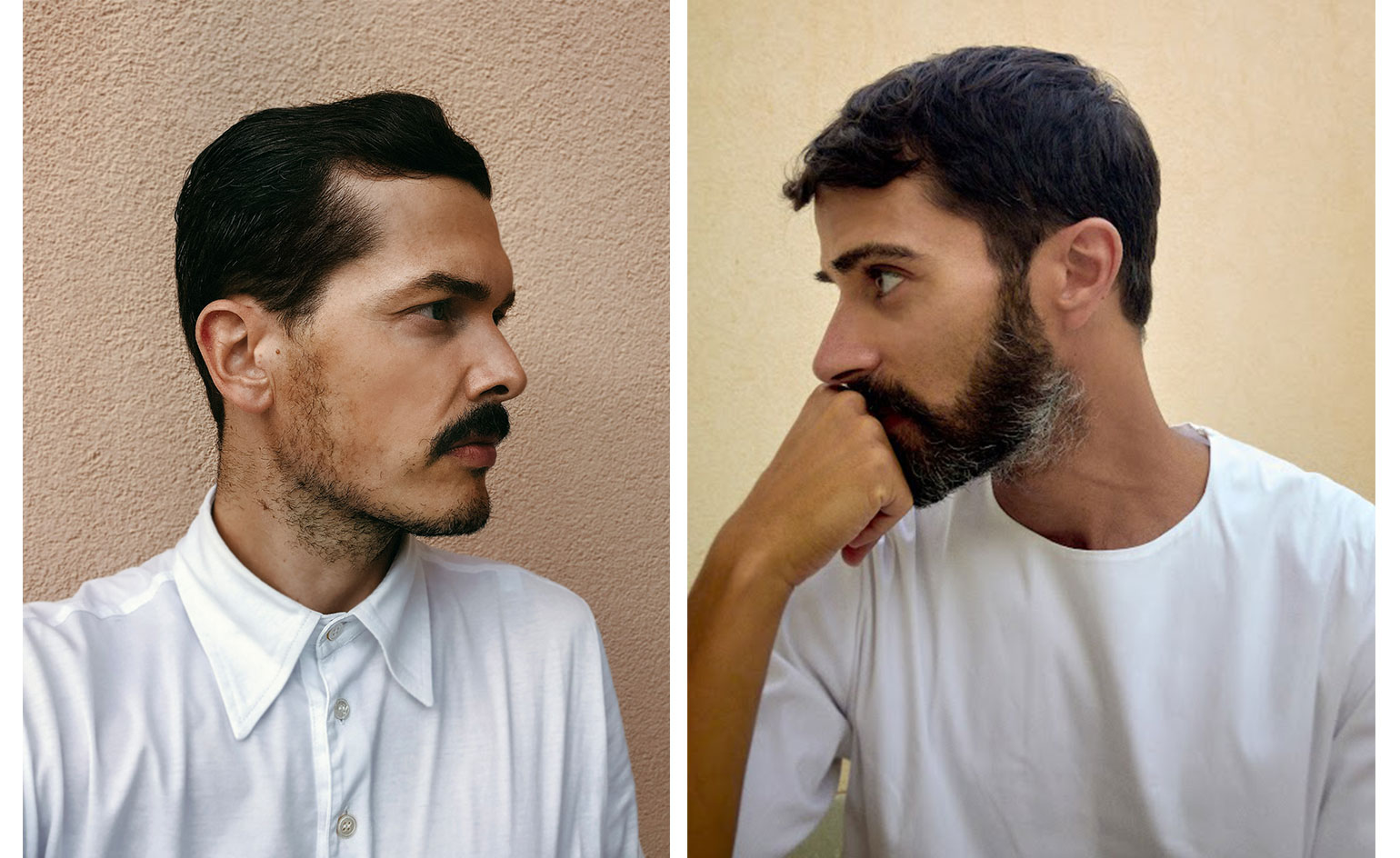 Formafantasma on their GEO-Design master’s programme, and designers thinking big
Formafantasma on their GEO-Design master’s programme, and designers thinking bigThe Italian design duo – and Designer of the Year in the 2021 Wallpaper* Design Awards – are among our featured visionaries in ‘5x5’, Wallpaper's 25th anniversary project. They discuss their first year heading the GEO-Design master’s programme at Design Academy Eindhoven, educating students for a changing world, and their pick of five creative leaders of the future who are expanding the practice of design
By TF Chan
-
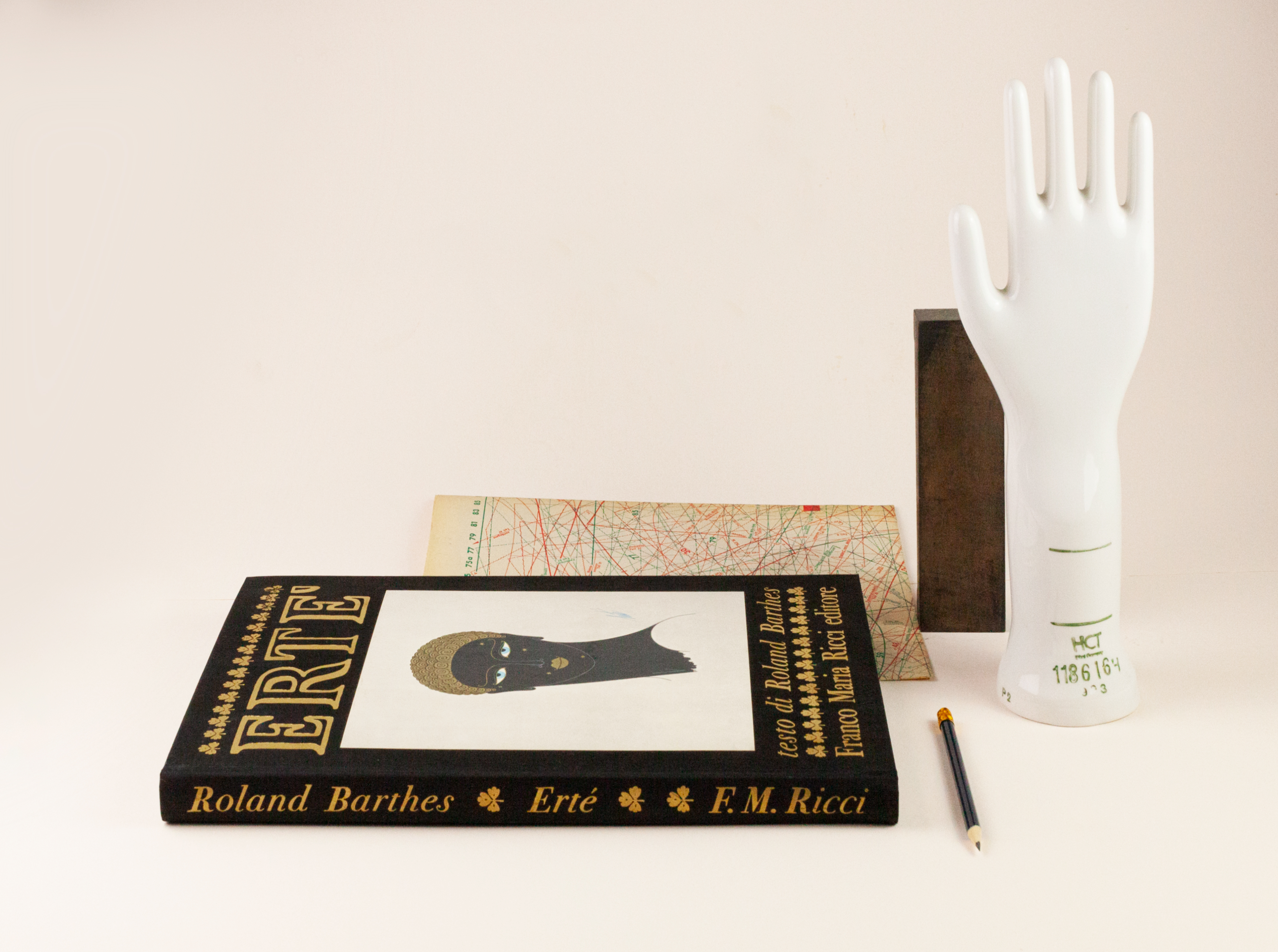 New vision for Franco Maria Ricci’s art publishing legacy
New vision for Franco Maria Ricci’s art publishing legacyItalian art collector and publisher Franco Maria Ricci passed away in September 2020. His nephew Edoardo Pepino was entrusted with his artistic legacy, including the world’s biggest bamboo maze and Ricci’s eponymous publishing house, which is set for a relaunch in late 2021
By Maria Cristina Didero